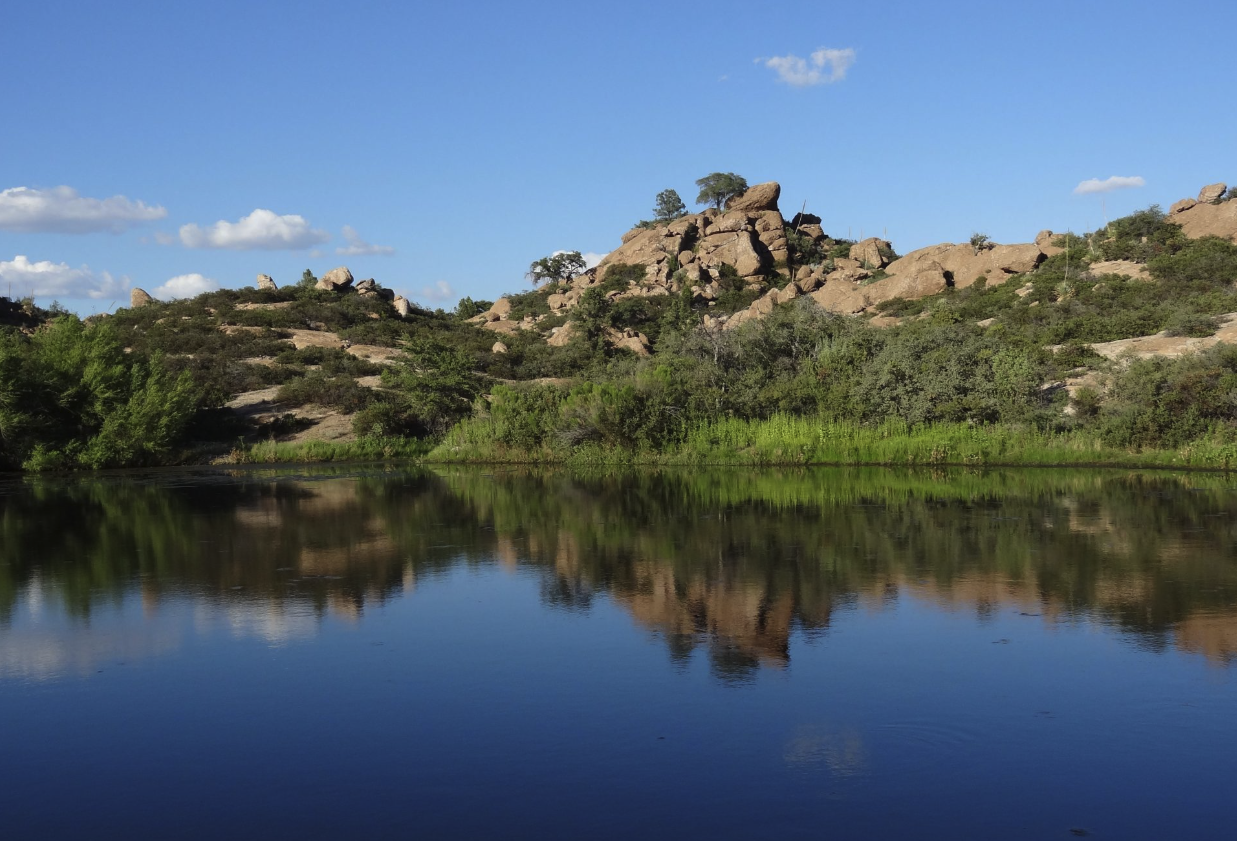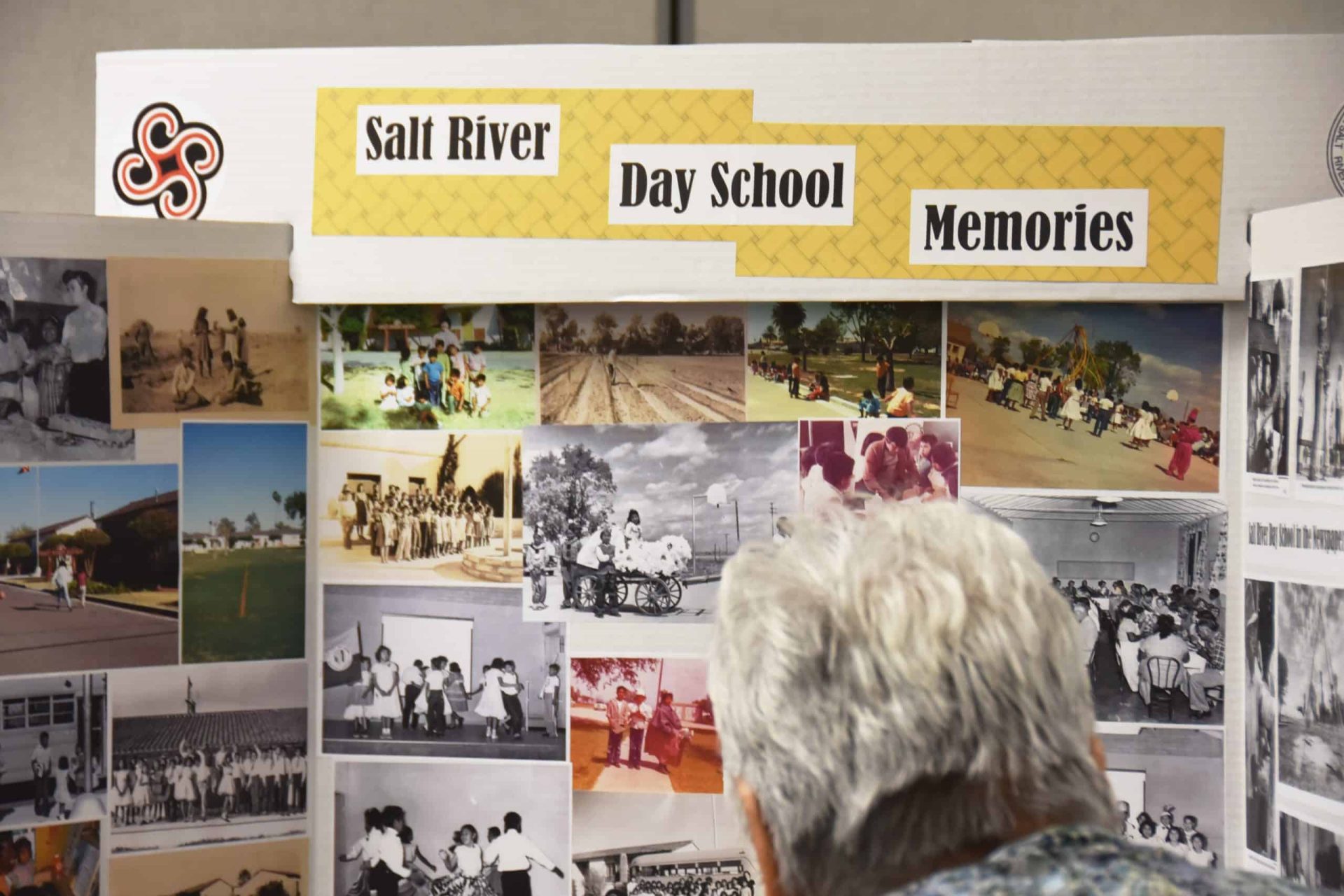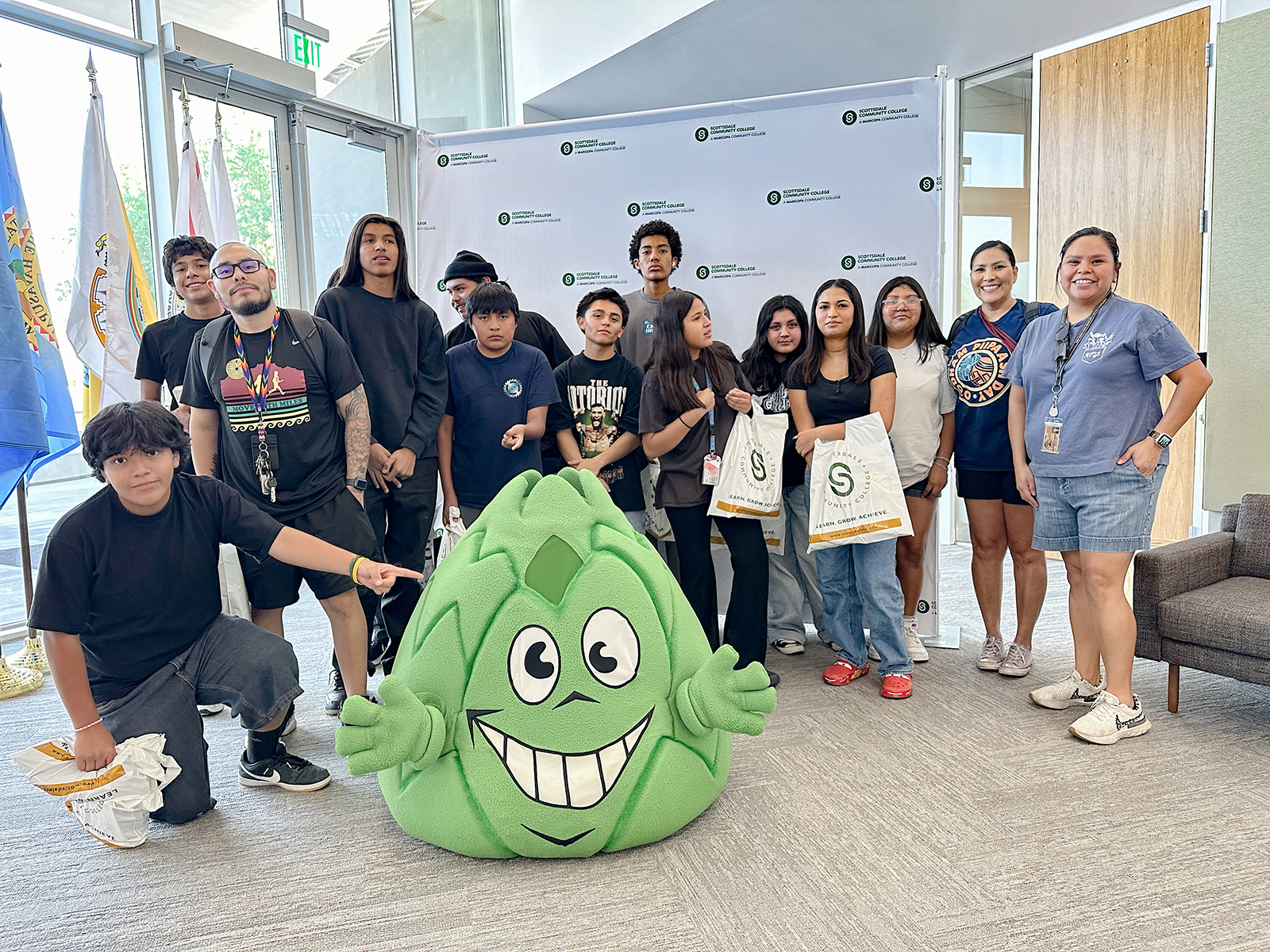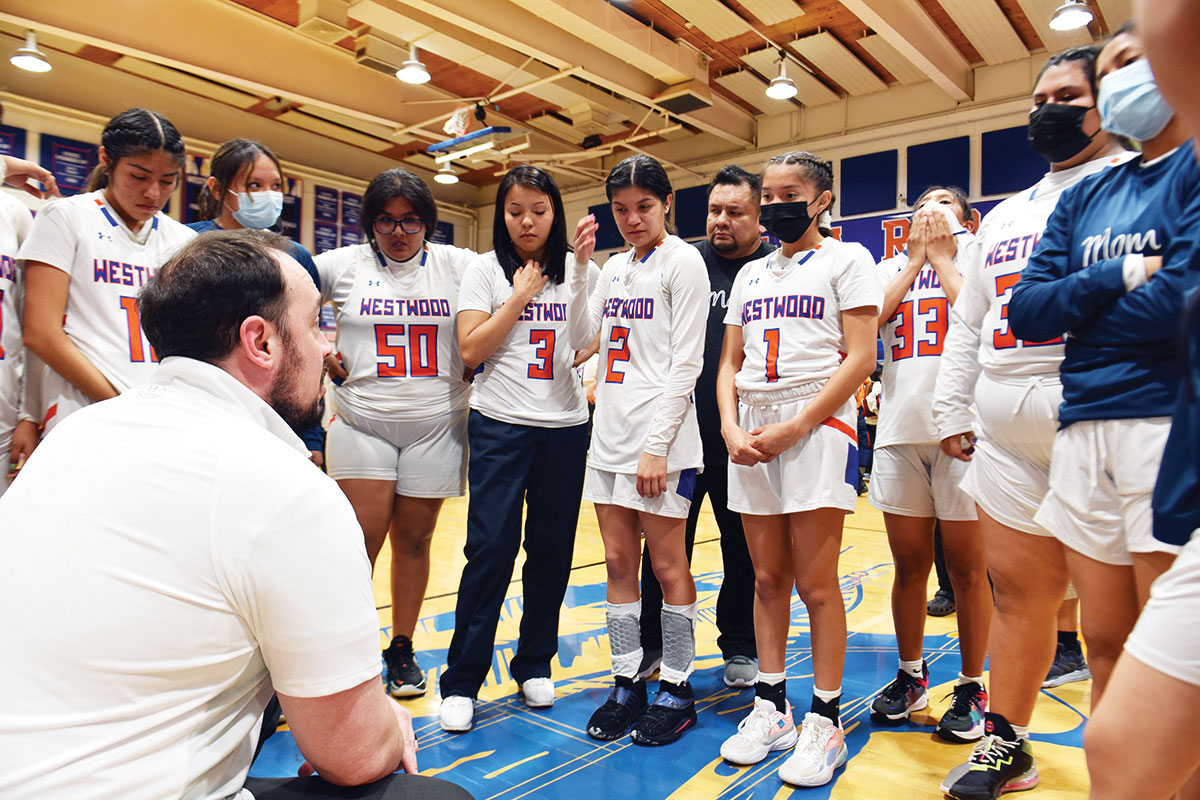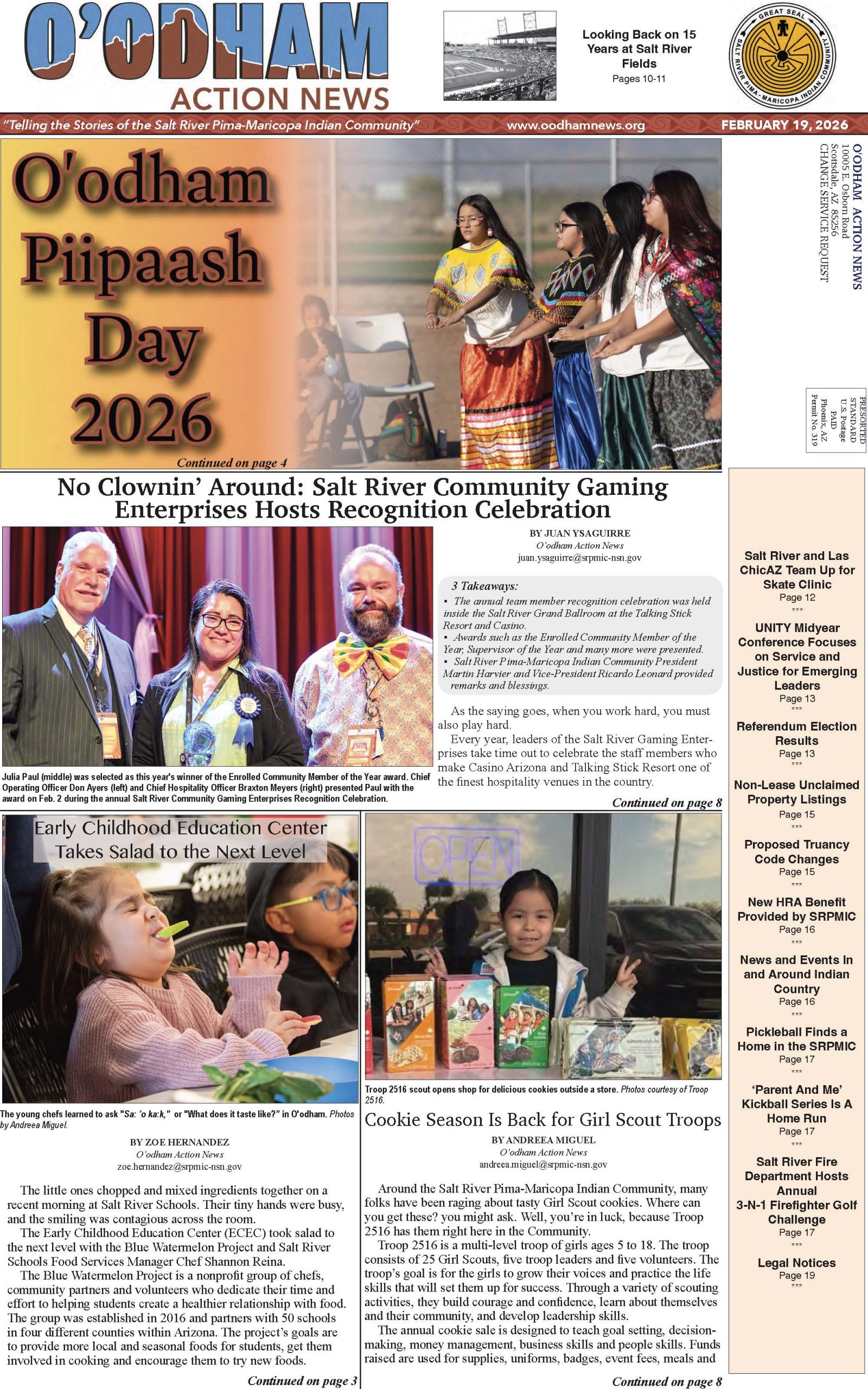VIEWS: 394
November 25, 2025U.S. Supreme Court Denies Rehearing to Save Oak Flat
The U.S. Supreme Court for the second and final time has decided not to reconsider petitions for rehearing Apache Stronghold vs. United States.
Apache Stronghold, a nonprofit group fighting to preserve Oak Flat, has been in religious freedom courtroom battles to halt construction of the proposed mine since 2021.
The decision rejects the claim that under the Religious Freedom Restoration Act the mine would place a substantial burden on the religious practices of tribal members and Native Americans who hold the site sacred.
Some tribal members believe the destruction of Oak Flat will close off a portal to the Creator forever and will completely devastate the Western Apaches’ spiritual lifeblood.
Chinese majority-owned mining company Resolution Copper looks to soon begin extracting copper ore from a large deposit at Oak Flat (Chi’chil Bildagoteel in Apache) in accordance with a land exchange with the federal government initiated in the National Defense Authorization Act (NDAA) for fiscal year 2015.
When the copper deposit was first discovered by the Magma Copper Company in 1995, two multinational mining companies, Rio Tinto and BHP, joined forces to form Resolution Copper, which lobbied Congress for permission to mine the site.
On Oct. 6, Apache Stronghold shared in a statement that it will continue pressing the case in the lower courts. The statement mentioned that in addition to this case, three other cases are also seeking to protect Oak Flat, and that the U.S. Court of Appeals for the Ninth Circuit will hear oral arguments in those cases on Jan. 7.
In a statement, Apache Stronghold leader Wendsler Nosie Sr. said of the decision, “By this undertaking, we now live with a third entity, who was created to take and destroy every blessed gift God gave us through our Mother Earth. We know this evil as Corporations, which comes from capitalism, which colonizes people.”
In 2022, Shane Anton, SRPMIC tribal historic preservation officer, talked with O’odham Action News about the mine.
“While there are other cultural reasons we oppose the mine, one of the basic necessities for tribes is water,” said Anton. “Our own description of who we are—‘On Akimel O’odham’… Salt River People—should indicate our intimate association with and reverence for water.”
In September 2021, O’odham Action News reported on a water study released by the San Carlos Apache Tribe showing that the mine will use an estimated 250 billion gallons of water over its lifetime.
The study touches upon water usage that could affect the eastern part of the Salt River Valley:
“Even if one accepts Resolution [Copper]’s highly optimistic estimate for water usage, the mine will use about 775,000 acre-feet of water—or about 250 billion gallons—over the life of the mine, of which approximately 70% will be pumped from a large network of new extraction wells in the East Salt River Valley about 15 miles west of the mine, closer to Phoenix and its eastern suburbs. The amount of water Resolution Copper proposes to withdraw from the Desert Wellfield represents nearly 7% of the total available groundwater in the East Salt River Valley subbasin. It is hard to visualize the immensity of this amount of water. That means Resolution Copper could develop an unlimited number of wells and pump an unlimited amount of water from the East Salt River Valley even as agricultural uses and cities are forced to cut back.”
The study also shows that the mine’s tailings, or waste materials left over after a commodity is mined from the earth, would permanently threaten groundwater and surface water quality in the region, including the Gila River.
According to Resolution Copper, the mine is expected to take 10 years to construct, have a 40-year operational life and will be followed by five to 10 years of reclamation.
This story is part of O’odham Action News’ ongoing coverage of Oak Flat.

